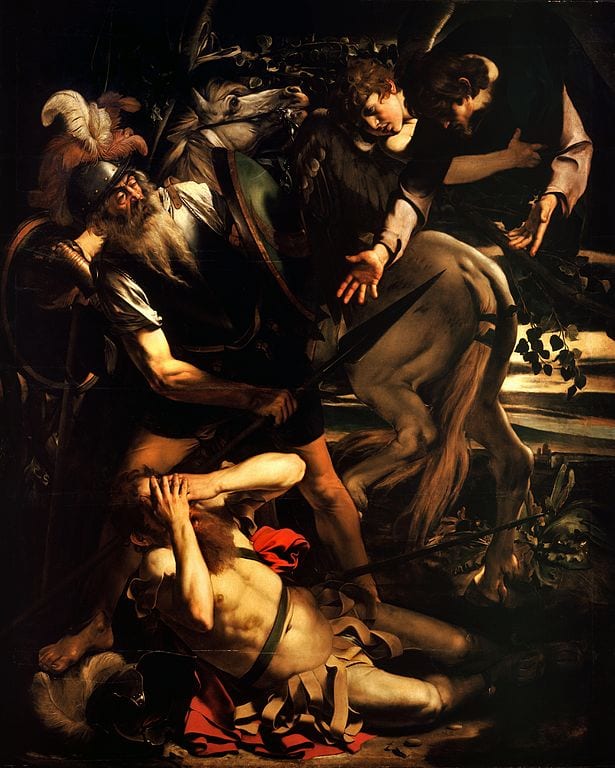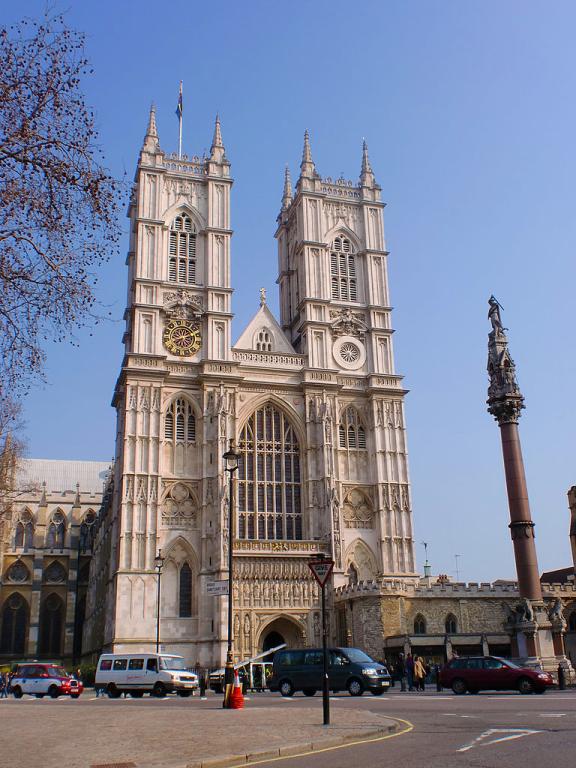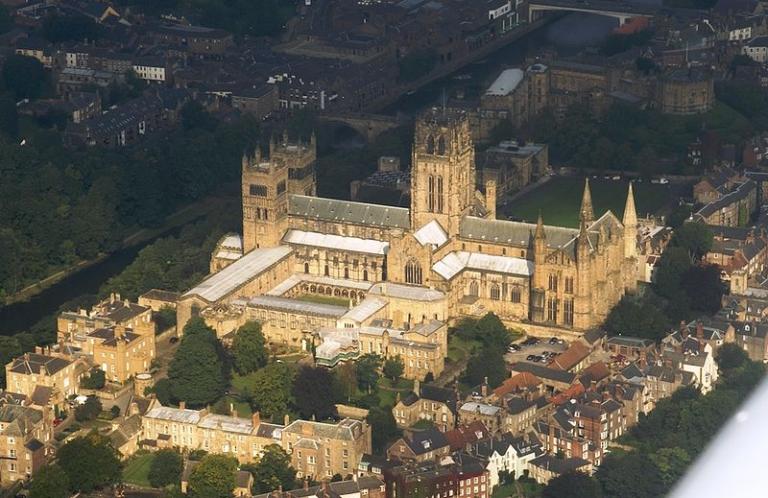
As I say, I’ve been reading N. T. Wright, Paul: A Biography (San Francisco: HarperOne, 2018). Here’s a passage from early in the book that caught my notice:
A blinding light; a voice from heaven. A Caravaggio masterpiece. The persecutor becomes the preacher. . . . The incident, narrated three times (with interesting variations) in the book of Acts, is clearly vital: from Paul’s own brief autobiographical remarks in his letters it is obvious that something fairly cataclysmic happened to him that day. But what exactly happened? And what did it mean?
A century after Freud, we are all amateur psychologists. The “road to Damascus,” a byword for millions who have only the sketchiest idea where Damascus actually is, has been a honey trap for psychological speculation — and for psychological reductionism. What was going on in Saul’s mind and heart that day? What transformed the zealous persecutor into the zealous apostle?
Theories have come and gone. Saul’s vision was “really” the moment when his “twice-born” personality kicked in. No, it was when his residual guilt at Stephen’s stoning came back to haunt him. No, it was what might be expected when the tension between the inner lusts of a young man and the outer demands of strict holiness finally exploded. Actually, it was an epileptic fit. Or maybe he was just dehydrated in the midday sun, and so on, and so on. Anything rather than face the question from the other end. Supposing . . . supposing it was more than this? (41-42)


Nicholas Thomas Wright, D.D. (Oxford), D.Phil. (Oxford), was born in 1948. An English New Testament scholar and Pauline theologian and a fellow of the Royal Society of Edinburgh, he regularly publishes — he’s written over seventy books as of this moment — as either N. T. Wright or Tom Wright. He taught at McGill University in Montreal from 1981-1986 before returning to the University of Oxford. From 1994 to 1999, he served as dean of Lichfield Cathedral and then, after a year back in Oxford, became canon theologian of Westminster Abbey in 2000. Between 2003 and 2010, he served as the Anglican Bishop of Durham. Thereafter, in order to concentrate on his writing and on his work in broadcasting, he accepted appointment as Research Professor of New Testament and Early Christianity at St Mary’s College in the University of St Andrews in Scotland. He is, quite simply, one of the most prominent New Testament scholars in the English-speaking world.











